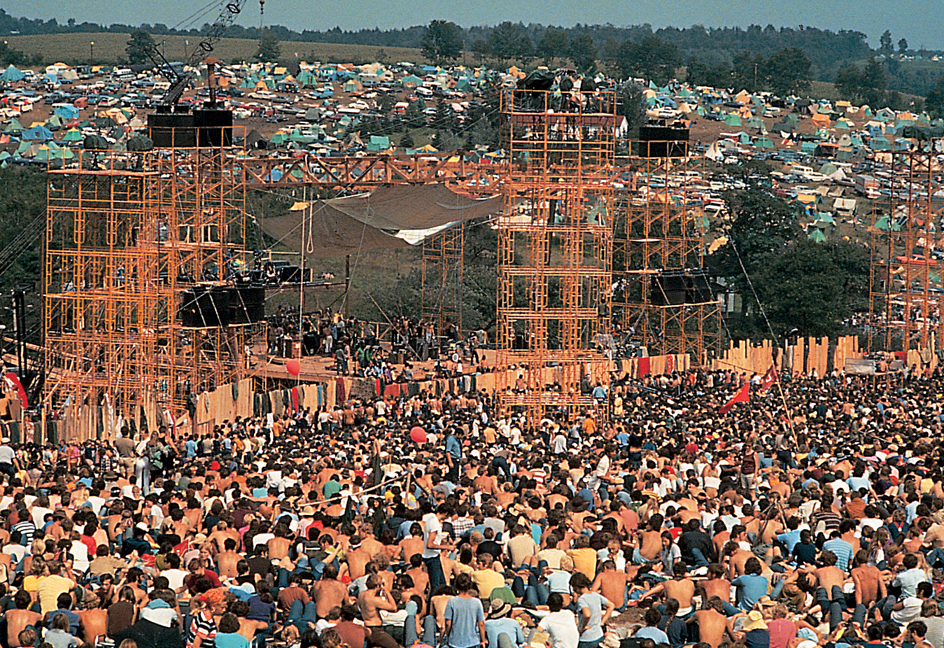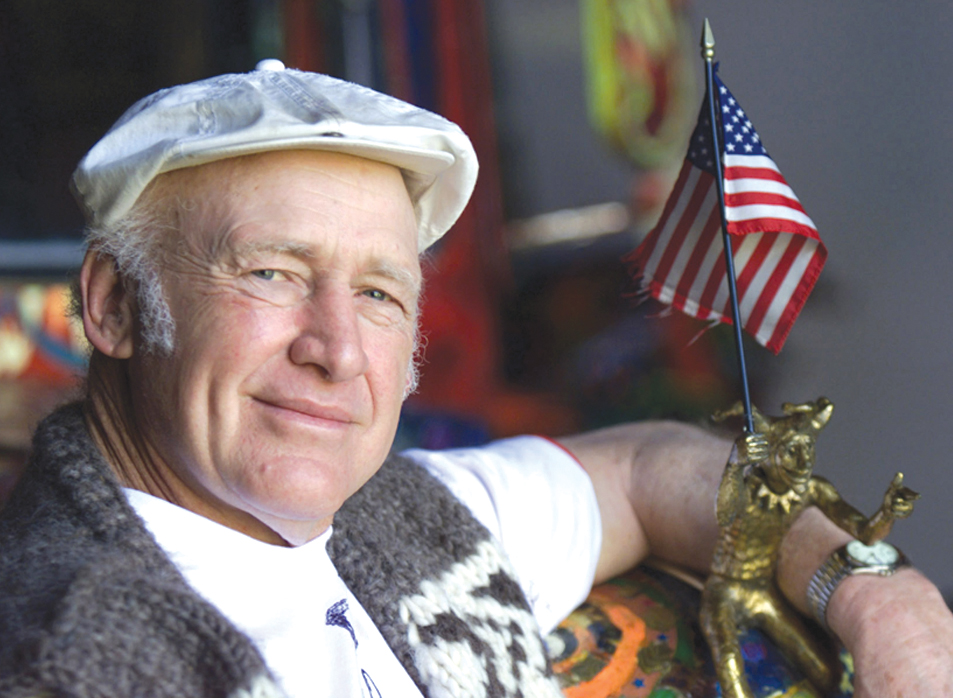Hippies were members of a youth movement of the 1960’s and 1970’s that started in the United States and spread to Canada, the United Kingdom, and many other countries. The hippies rejected the customs, traditions, and life styles of society and tried to develop those of their own. Most hippies came from white middle-class families and ranged in age from 15 to 25 years old. They thought too many adults cared about making money and little else. The term hippie may come from the word hip, which means “tuned-in” or aware.

Hippies wanted a world based on love of humanity and peace. Many believed that wonderful, magical changes were about to take place. They thought these changes would happen as soon as people learned to express their feelings honestly and to behave naturally at all times. Hippies strongly opposed U.S. involvement in the Vietnam War (1957-1975).
Many hippies lived together in small groups, working with one another and sharing possessions. Others refused to be tied down to a fixed job or home. They wandered from place to place seeking part-time work and temporary shelter. Some begged for spare change and lived in the streets or camped in parks or other public lands.
Hippies were sometimes called “flower children” because they gave people flowers to communicate gentleness and love. They let their hair grow long and walked barefoot or in sandals. Hippies attracted public attention by wearing clothing that featured unusual combinations of colors and textures. A large number of hippies used marijuana, LSD, and other drugs. Drug experiences shaped many of their symbols and ideas.
The Beatles, a popular English rock group, helped spread the hippie movement with their songs. Hippie favorites included such other rock groups as the Grateful Dead and the Jefferson Airplane, singers Joan Baez and Bob Dylan, poet Allen Ginsberg, and novelist Ken Kesey. Many hippies admired Timothy Leary, a psychologist who preached salvation through the use of drugs.

In time, most hippies realized it was not easy to reform society by “dropping out” of it. Some joined more organized political movements to work for specific social causes. Others turned to spirituality or religion. The majority simply left the hippie stage of their lives behind while trying to hold on to at least a few of the ideals that once inspired them.
